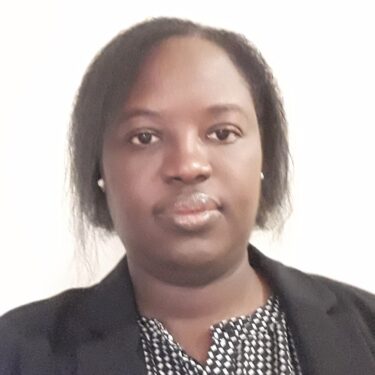Astou Niang is an expert in international development, program evaluation and gender equality, with over 15 years of experience in these areas. She has worked with various local and international organizations, specializing in program management and evaluation as well as in capacity strengthening of institutional partners and civil society organizations. Astou has coordinated the implementation, monitoring and evaluation of programs involving entrepreneurship for women and youth, food security and agriculture, women’s health and volunteering on projects supported by Global Affairs Canada and the Ministère des Relations internationales et de la Francophonie du Québec.
As an expert at the Technical Assistance Partnership (TAP), Astou works with the Tunisian Ministry of Finance and its Central Unit for Budget Management by Objectives (UGBO) to promote gender equality and gender-sensitive budgeting. The aim of this project is to help all ministries within the Tunisian government to clearly integrate gender and equity considerations into their budgeting using analytical tools and processes that specifically promote gender-responsive policies. In this position, Astou will study different countries’ experiences with gender-sensitive budgeting, develop a practical guide on the subject for use by ministry authorities and provide training sessions on both the guide and change management processes.
Based in Montreal, Canada, Astou is an expert in program evaluation and gender equality at the Department of International Relations of the École nationale d’administration publique (ENAP) at the Université du Québec. ENAP serves as a public administration consultant to countries in La Francophonie, running learning programs in more than 30 countries, primarily in Africa, and training thousands of instructors and managers. Astou has a PhD in geography and planning from the Université de Rouen in France. She has also worked with numerous international organizations and university research institutes, including UMR IDÉES at the Université de Rouen and France’s National Centre for Scientific Research (CNRS).

